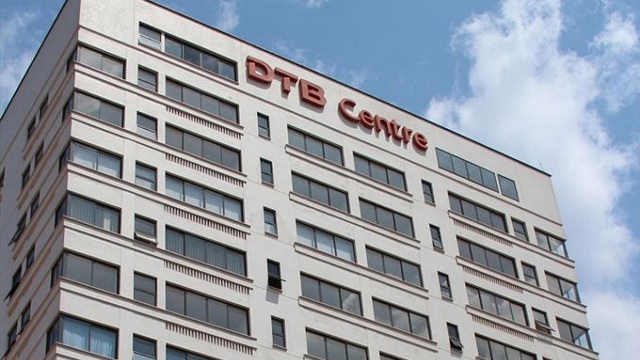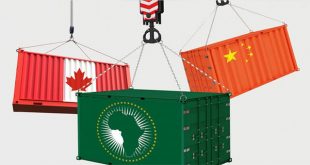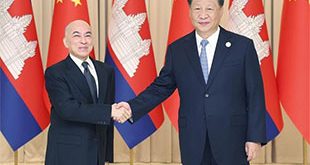
Kampala, Uganda | THE INDEPENDENT | Did Hamis Kiggundu acquire a syndicated loan from Diamond Trust Bank -DTB? This will be one of the many questions that will face the Court of Appeal and the legal fraternity as a whole.
Diamond Trust Bank filed a notice to appeal the ruling in which the commercial court declared the activities of DTB-Kenya in Uganda, including lending to Ham Enterprises and Kiggs International, as well as deducting money from his accounts to repay the loan, illegal.
The commercial court agreed with Ham that DTB Kenya could not carry out such financial institution activities in Uganda, since it was not registered in Uganda.
DTB Uganda and DTB Kenya had advanced credit facilities amounting to 41 billion shillings, to the companies owned by Hamis Kiggundu, but as the companies continued to pay, DTB Kenya through DTB Uganda continued to deduct money from his accounts in Uganda, which according to him had totaled over 100 billion shillings.
The Bank of Uganda, in pronouncing itself on the case, agreed that DTB Kenya was not registered or licensed in Uganda but added that it did not have to, since it was not taking public deposits of Ugandans, not lending out of money collected from Ugandans.
The 24-member Uganda Bankers Association said it intended to join Diamond Trust in appealing the decision which they said was putting at risk the loan syndication business which in Uganda is currently at about 5.7 trillion shillings.
When asked whether the credit facilities were advanced as a syndicated loan, Uganda Bankers Association could not be clear on this.
What is a syndicated loan?
A syndicated loan is one that is provided by a group of lenders and is structured, arranged, and administered by one or several commercial banks or investment banks known as lead arrangers.
The borrower can be a corporation, a large project, or a sovereign government.
The loan can involve a fixed amount of funds, a credit line, or a combination of the two.
Syndicated loans come as a result of a project being too large to be financed by a single lender or when a project needs a specialized lender with expertise in a specific asset class.
This will also ensure reduced risk since the uniting lenders will be able to share it.
According to Uganda Bankers Association Chief Executive Officer, Wilbroad Owor, syndicated loans require an arranger.
“It could be your lead bank or it could be a financial consulting firm who in that case would be called a transaction advisor”, says Owor.
While a bank will seek help either local or foreign partners, the borrower may contact a bank or financial consultant firm to arrange the syndication, according to Owor.
Francis Kamulegeya, the senior partner at PricewaterhouseCoopers says, “Loan syndication is beneficial to the borrower as it enables him or her to access the finance needed by dealing with one bank instead of having to borrow from different banks to raise the money.”He says it is always cheaper for the borrower.
In the period between 2011 and 2016, Mr Kiggundu acquired different credit facilities from DTB Uganda and DTB Kenya in tranches of a loan facility of $6,663,453, a demand overdraft facility of sh1.5b, a temporary demand overdraft facility of sh1b; a term loan facility of $4,000,000 and a term loan facility of $500,000. In 2018, he decided to consolidate the loans.
Lawyer Isaac Semakadde says the question the court of appeal will have to answer is whether this amounted to a syndicated loan:
“The expected litigation in appellate courts is going to rotate around the question whether the foreign-sourced lending in Ham’s case was in compliance with the Financial Institutions Act. It is extremely premature and irresponsible to speculate about other transactions.”
He also wonders if Ugandan banks are not capable of raising such a facility without looking for a partner.
Syndicated loans have previously been acquired to fund large scale projects in Uganda including 702 million dollars raised by 11 financial institutions to finance Bujagali hydropower project in 2007, while in 2019, power distributor Umeme secured a $70 million syndicated loan from the International Finance Corporation (IFC), Standard Chartered Bank and Stanbic bank.
In syndicated loans, the total loan amount is paid by the borrower as a single debt, as agreed by the financiers and the lead arranger, with the guidance of the loan consultant.
******
URN
 The Independent Uganda: You get the Truth we Pay the Price
The Independent Uganda: You get the Truth we Pay the Price



